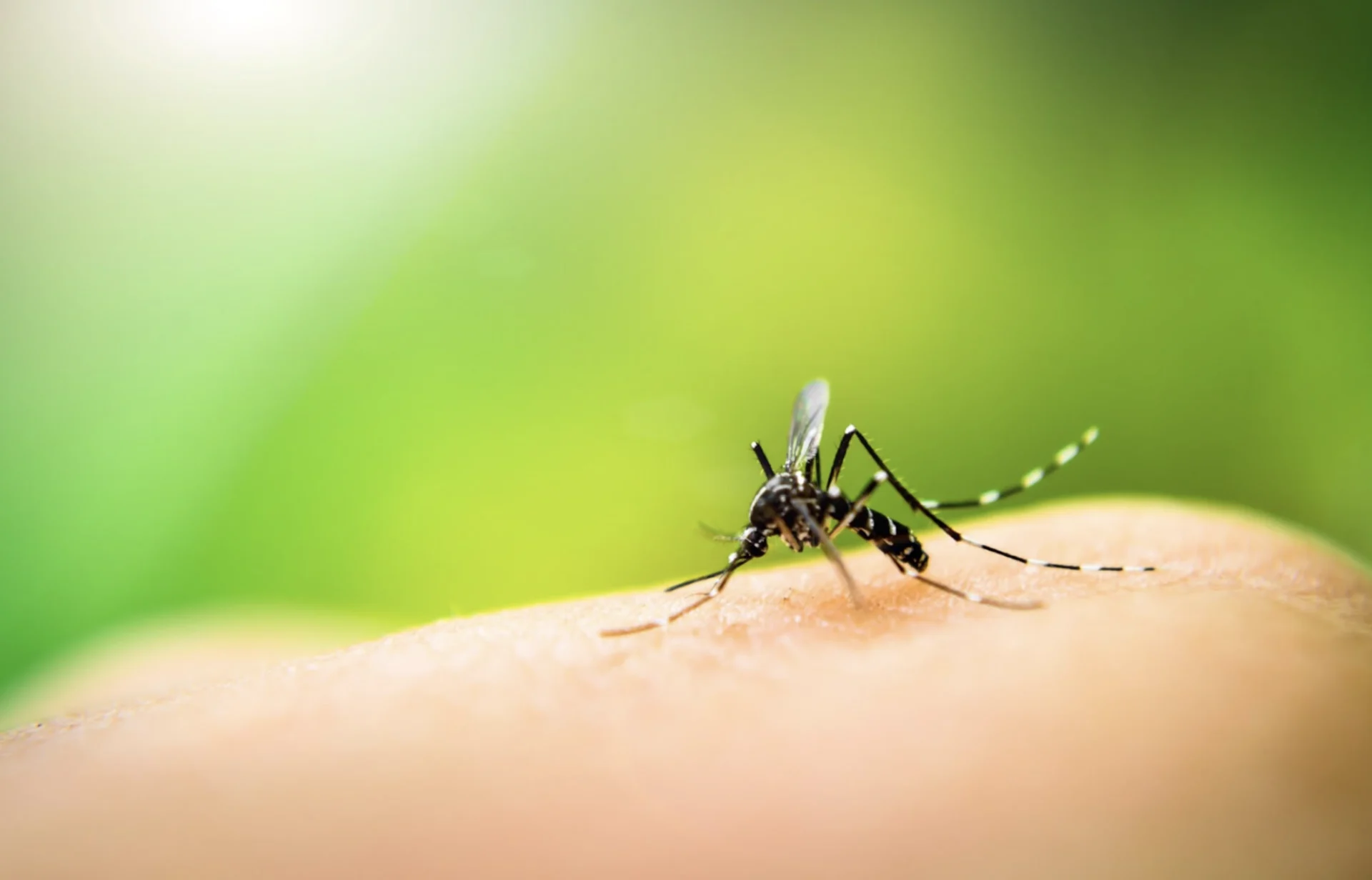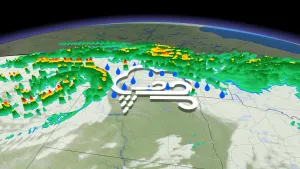
As summer warms up, CDC issues health alert on uptick in dengue fever cases
Dengue fever is a viral infection transmitted primarily by Aedes aegypti and Aedes albopictus mosquitoes.
The Centers for Disease Control and Prevention (CDC) has issued a health advisory relating to an increased risk of dengue infections in the U.S. this year.
It's part of a trend being monitored internationally, with above-average dengue infections in 43 countries and territories in the Americas.
"In the Region of the Americas, the number of dengue cases recorded during the first half of 2024 exceeded the maximum number of cases historically reported in a year, as compared to all previously recorded years," reads a statement on the Pan American Health Organization's website.
"As of epidemiological week (EW) 23 of 2024, 43 countries and territories in the Region of the Americas have reported 9,386,082 cases of dengue; this number is twice as high as the number of cases recorded throughout 2023, 4,617,108 cases."
Locally-transmitted cases in Florida
Earlier this week, the Florida Department of Health issued a separate alert confirming a locally transmitted case of dengue in Hillsborough County.
"Here in Hillsborough, we don't see dengue virus a lot in the mosquitoes, but we do have these rare instances that happen, and we respond accordingly," Hillsborough County Mosquito Management Services director David Fiess said via Fox13 Tampa Bay.
Officials are addressing the threat by setting up nets to catch and test more mosquitos. Hillsborough County residents are also invited to attend an event where they can receive free mosquitofish, a native species that eats mosquito larvae. Residents can place the fish in ponds, unused pools, and other areas that contain standing water on their properties.
This marks the sixth case of locally transmitted dengue in Florida so far this year. According to CDC data, the state has had 197 cases this year.
What is dengue fever?
Dengue fever is a viral infection transmitted primarily by Aedes aegypti and Aedes albopictus mosquitoes. The virus has four distinct types, meaning a person can be infected up to four times. It is widespread in tropical and subtropical regions, and infections may become more common due to the effects of climate change.
Dengue fever symptoms
Dengue fever symptoms range from mild to severe and can include Fever, headaches, joint pain, vomiting, bleeding gums, and fatigue.
Symptoms typically arise 4-10 days after being bitten by a mosquito, lasting between 2 and 7 days.
Only about 1 in 4 people infected with dengue will get sick.
There is no specific treatment for dengue, but some severe cases may require hospitalization. Most people recover without lasting problems.
Limiting the risk
Individuals can reduce the risk of contracting dengue fever by:
Using insect repellent.
Wearing long sleeves and pants.
Using mosquito nets when asleep.
Eliminating standing water on your property.
Header image: Getty.










